
How Will US Energy Policy Shifts Alter Relations with Latin America?
President-elect Donald Trump has vowed to overhaul US energy and foreign policy in ways that could have important impacts on energy relations with Latin America and the Caribbean.
President-elect Donald Trump has vowed to overhaul US energy and foreign policy in ways that could have important impacts on energy relations with Latin America and the Caribbean.
Whatever policies he pursues, the election of Trump is likely to sour relations with virtually every country in Latin America. Normal ties will be virtually impossible with a U.S. president who has so intensely insulted the region and its people.
En estos episodios especiales de Club de Prensa en el Diálogo Interamericano se analizan los retos y las oportunidades para la relación entre EEUU y América Latina
Movimento rumo ao protecionismo e restrição da imigração afetam todo o mundo, incluindo Brasil, Argentina e Chile.
Independientemente de quién gane, es casi seguro que América Latina no será una prioridad para Estados Unidos. EE.UU. no se enfrenta a amenazas urgentes o desafíos en la región, ni está ante unas oportunidades especiales. Ni a los EE.UU. le interesa la integración regional. La propia región permanecerá dividida en muchos aspectos y la política de EE.UU. se centrará principalmente en las relaciones bilaterales.
On March 6th, The Dialogue hosted an open discussion on the future of NAFTA and the global impacts of its potential reform or repeal. Along with substantial political uncertainty about the future of the North American Free Trade Agreement (NAFTA), there is also widespread confusion about the various options and scenarios for reform within the complicated architecture of the multilateral trading system. Many of the possible outcomes would have grave implications—not only for the economies of Mexico, the US, and Canada, but also for other major trading partners.
Issues, policies, and experience have hardly mattered as the campaign offered round after round of personal insults, accusations of illegal and unsavory behavior, and damning indictments of US leaders and institutions.
Cuts to Washington’s energy engagement could undermine the connections that help support U.S.–Latin American cooperation on issues from security to immigration. When it comes to weakening energy integration in the Americas, there are few winners.
On Friday, March 3rd, the Dialogue welcomed Director and Deputy Director of Cuba Posible, Roberto Veiga and Lenier Gonzalez, and a small group of Latin America policy experts for a discussion on social and political trends in Cuba. The discussion focused on upcoming leadership dynamics in Cuba and the role of young people in the future of the island.
Dr. Rebecca Bill Chavez, president and CEO of the Inter-American Dialogue and Antonia Urrejola, former foreign minister of Chile came together for an exchange titled, “Bolstering Democratic Governance Through Foreign Policy.”
A Latin America Advisor Q&A featuring experts’ views on Indian Foreign Minister Subrahmanyam Jaishankar’s visit to Latin America in April.
China will keep winning friends from Chile to Mexico, regardless of a forthcoming shift in US policy toward the region.
Robert Zoellick, former deputy of secretary of state and former president of the World Bank, has published a new book titled America in the World: A History of US Diplomacy and Foreign Policy.
On July 28, Ambassador Tom Shannon, former under secretary of state for political affairs, participated in a virtual briefing organized by the Senate Foreign Relations Committee (SFRC) to discuss a new report by SFRC Democratic Staff. The report is titled Diplomacy in Crisis: The Trump Administration’s Decimation of the State Department.
In an interview with The Brazilian Report, Peter Hakim, Dialogue president emeritus, discussed what Biden’s diplomatic approach would look like in Latin America. In particular, Hakim addressed immigration, the humanitarian crisis in Venezuela, and the United States’ relationship with Brazil.
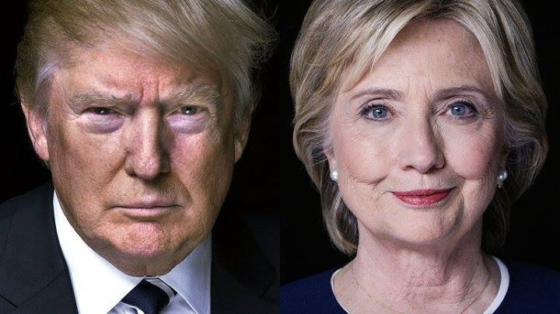
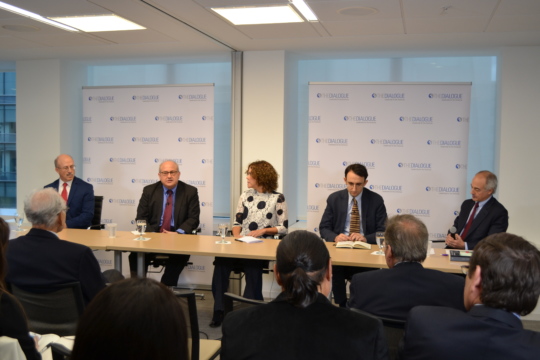
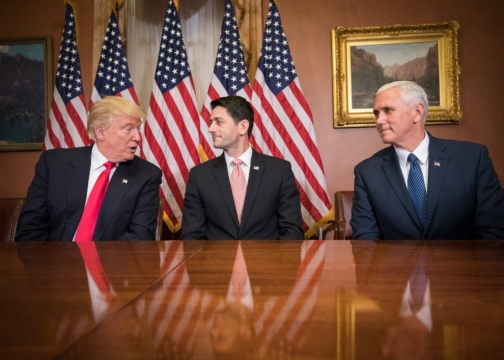
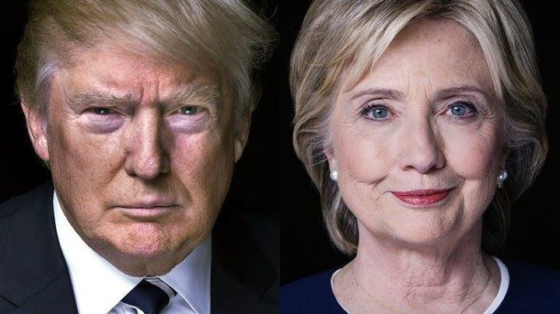
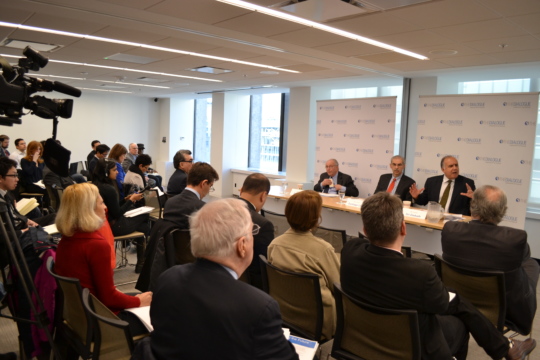
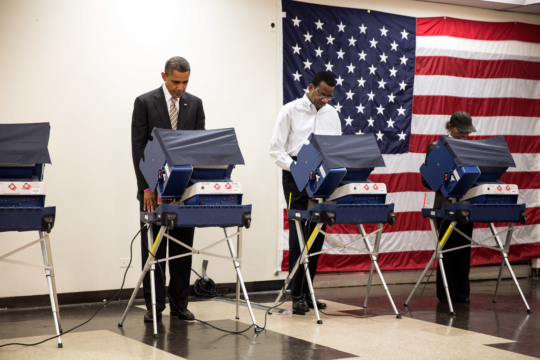
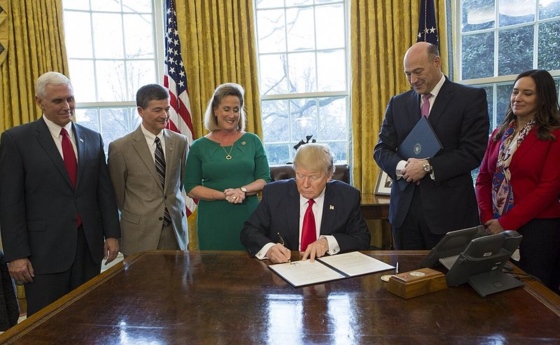
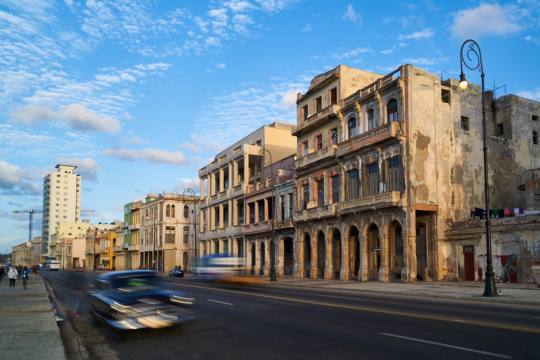
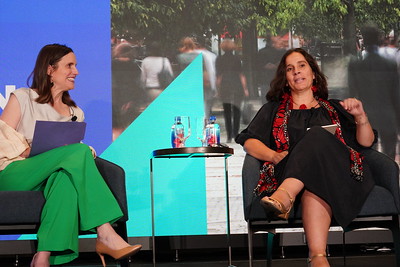
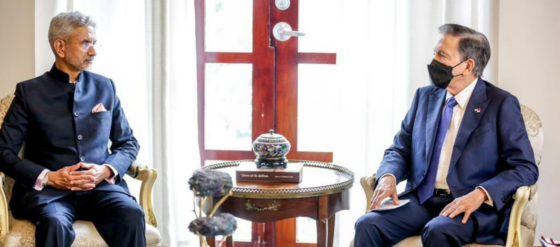
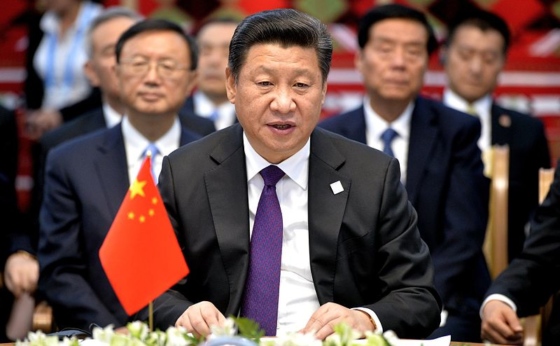
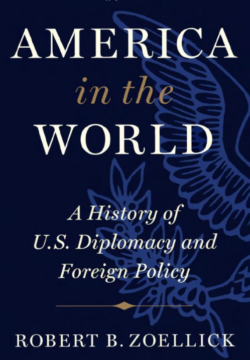
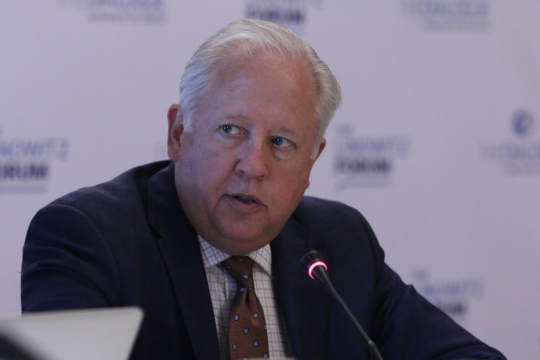
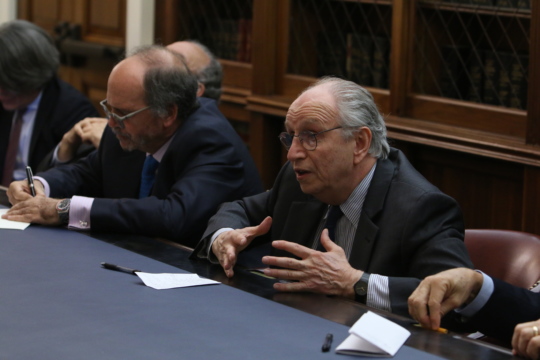 Video
Video